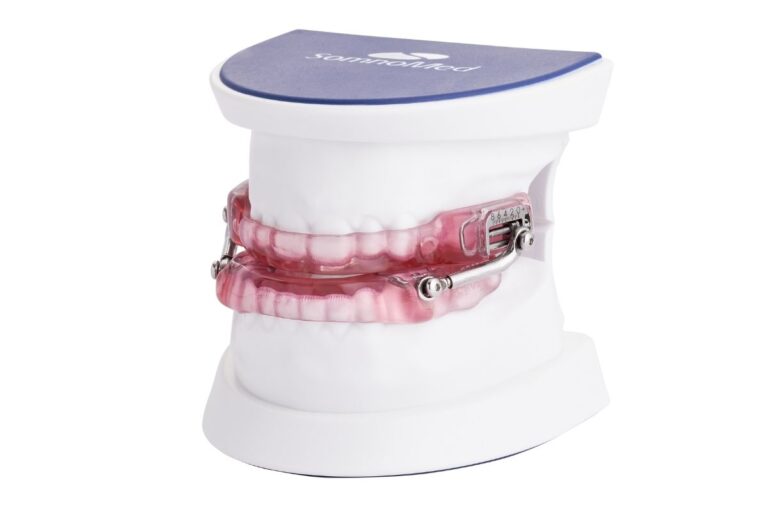Snoring: It Could Be a Serious Health Risk
Snoring: More Than Just an Inconvenience – It Could Be a Serious Health Risk
Snoring might seem like a harmless annoyance, something that your partner playfully nudges you for during the night. But what if it’s more than that? What if that persistent, loud snoring is a sign of something far more serious than a restless night? For many people, snoring isn’t just a nighttime disturbance – it could be a symptom of Obstructive Sleep Apnea (OSA), a potentially dangerous condition that requires professional evaluation and treatment.
What is Obstructive Sleep Apnea (OSA)?
Obstructive Sleep Apnea is a sleep disorder in which breathing repeatedly stops and starts during sleep due to a blockage of the upper airway. The throat muscles relax too much during sleep, causing the airway to narrow or close completely. As a result, airflow is reduced or stopped, and the brain briefly wakes you up to reopen your airway. This disruption can happen many times per night, preventing you from getting restful, restorative sleep.
Snoring vs. Obstructive Sleep Apnea
Not all snoring indicates OSA, but loud, chronic snoring accompanied by pauses in breathing, choking, or gasping for air can be a telltale sign of the condition. While occasional, light snoring may not be a cause for concern, persistent and loud snoring – especially if coupled with other symptoms like excessive daytime sleepiness, morning headaches, and difficulty concentrating – could signal a more serious problem.
Why Obstructive Sleep Apnea is Dangerous
Obstructive Sleep Apnea isn’t just a nuisance; it’s a serious health risk that can have far-reaching consequences if left untreated. Here’s why:
- Cardiovascular Risks: OSA has been linked to an increased risk of high blood pressure, heart attack, stroke, and irregular heart rhythms. The repeated drops in blood oxygen levels that occur during apneas can strain the cardiovascular system, leading to long-term complications.
- Daytime Fatigue and Sleepiness: Since OSA disrupts your sleep throughout the night, you may experience significant daytime fatigue and sleepiness. This can affect your concentration, memory, and overall mood, and in some cases, can lead to dangerous situations like falling asleep behind the wheel.
- Metabolic Effects: Untreated sleep apnea has been associated with insulin resistance, weight gain, and an increased risk of developing type 2 diabetes. Sleep deprivation and fragmented sleep can also disrupt the balance of hormones that regulate hunger, leading to overeating and weight gain.
- Mental Health Concerns: Poor sleep quality due to OSA can contribute to anxiety, depression, and other mood disorders. The chronic stress of dealing with insufficient sleep can take a toll on mental health, further impacting overall well-being.
The Importance of Professional Evaluation
If you suspect that your snoring may be a symptom of Obstructive Sleep Apnea, it’s crucial to consult with a sleep medicine professional. Diagnosing and treating OSA early can prevent the progression of related health conditions and improve your quality of life.
A comprehensive evaluation by a sleep specialist typically involves a sleep study, either conducted at home or in a sleep lab, to monitor your breathing patterns, oxygen levels, and other vital signs during sleep. Based on the results, your doctor can recommend appropriate treatment options. These may include lifestyle changes, Continuous Positive Airway Pressure (CPAP) therapy, oral appliances, or in some cases, surgery.

Oral Appliance Therapy Device for Treatment of OSA
Take Action for Better Sleep and Health
Snoring isn’t just an inconvenience – it could be your body’s way of telling you something important about your health. Don’t ignore the warning signs. If you or your partner notice that snoring is accompanied by choking or gasping for air, excessive daytime sleepiness, or other concerning symptoms, it’s time to get it checked out.
At Comprehensive Sleep Care Center, our team of sleep medicine professionals is dedicated to helping you achieve restful, restorative sleep and safeguarding your overall health. Schedule an appointment today to learn more about how we can help you manage snoring and sleep apnea for a healthier, happier life.
